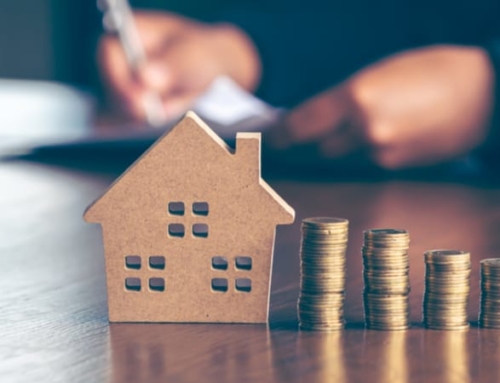Q: We are in our early fifties. Neither of us will receive a pension. We have been married only ten years.
We both have been contributing to our 401(k) retirement plans for only 10 years, so we probably have a total of only $60,000 together.
We live in a nice 12-year old home on a nice street in an older suburb of Detroit. Our home has probably not appreciated in value at all in the five years we have lived here. We bought it for $140,000 and have a mortgage for $110,000 at only 5.35 percent. We knew not to buy “the nicest house in the worst neighborhood.” but we are very happy here and are still not willing to drive the long commute to the outlying neighborhoods where the homes are a better investment.
Our income is only $70,000 combined. We still have one child at home who is only 14.
Recently, my ex-husband paid me $85,000 in back child support. We are wondering whether we should pay off the house or invest the cash.
In order to receive financial aid for college, you cannot have any savings. Also, if one of us were to get sick we wouldn’t have to worry about making the mortgage payment. If the mortgage is paid off, we can put the extra money into our 401(k)s.
My husband disagrees because the house is a poor investment. He says it doesn’t matter. You still owe the mortgage no matter what.
He also thinks we shouldn’t pay off the mortgage for tax reasons. I say it is barely worth it for us to itemize now and we would still receive the standard deduction. Plus if we put a much larger portion of our income into our 401(k)s, we will be paying less income tax anyway.
I think the only way we will be able to retire at age 70 is if we own our own home. Even if we do not stay here forever we will need to own a home free and clear in order to survive on just our social security.
What do you think?
A: I think you’ve outlined a major discussion that many American families are having at this particular point in their lives: Is it better to pay off the mortgage or invest the proceeds?
You have a once-in-a-lifetime (barring any inheritance) lump sum of cash to use to its best advantage. While your husband makes some good points, I think you’re on the right track. Here are my suggestions:
Take $4,000 (or $4,500 if you’re 50+) each and use it to fund your Roth IRA accounts. Retirement money is not tapped for the FAFSA form (financial aid) for college tuition. You can set aside another $8,000 or $9,000 from the amount you have to fund the Roth next year, and perhaps one more year after that, depending on when your child is a junior in high school. That will take care of at least $18,000 or possibly $27,000 of the cash you have.
Use the rest of the cash to pay down your mortgage. If you have a $110,000 mortgage, prepaying about $50,000 will help you pay off that loan very quickly, since your balance will be much lower, so the interest you owe will be lower. Your monthly payment will go much farther in paying off the loan.
Boost your 401(k) at work. As you suggest, you’ll pay less in tax, and put away more cash for retirement.
Spend some time figuring out how much cash you’ll have in retirement. You can go to the social security website (SSA.gov) and get a look at how much you’ve put in and how much it will kick back out to you. Then, take a look at other income and investments you have. Add it all up to calculate your total retirement income. You can use the calculators at Money.com or the financial investment company TIAACREF.com.
Next, look at the expenses you have going forward. Figure out how long it will take you to pay off your house completely. Once the mortgage is paid off, you’ll still have property taxes, maintenance and upkeep. Then, you’ll need Medicare supplemental health insurance, plus your regular expenses.
Finally, there seems to be a question as to how much your home is really worth. I’d be surprised if it hasn’t appreciated somewhat over the past 15 years.
Check out Zillow.com, HouseValues.com, and RealEstateABC.com to provide a range of values. You may also want to check with your local real estate agent to get an idea of how much homes are selling for in your neighborhood.
Once you retire, you might find it pays to sell your home and either rent or buy in a different part of the city, or country. Perhaps you’ll wind up living near your son if he moves to a different part of the country to live.
Published: Jul 30, 2006






Leave A Comment